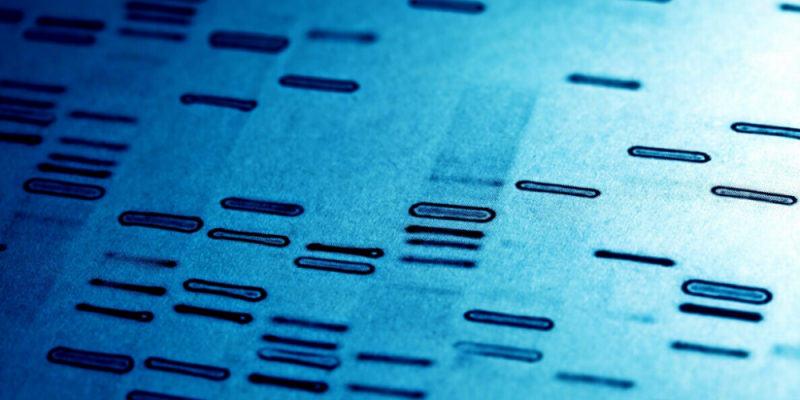
Why We Cannot Trust DNA Companies Like Ancestry and 23andMe
With the popularity of at-home DNA tests rising, the idea of companies using their databases to conduct medical research is noble on its surface. Earlier this month, 23andMe announced that it sold the rights to a drug developed using its customers’ data. Although many saw this as a positive for medical advancement — with 23andMe’s vice-president, Emily Drabant Conley, even referring to it as a “seminal moment” for the company — it cannot be divorced from wider concerns around the harm that these companies can cause.
There is much more to be concerned about when it comes to at-home DNA tests than there is to celebrate in this moment, particularly as database numbers continue to climb. In February 2019, MIT Technology Review reported that companies could expect to have the genetic makeup of more than 100 million people within 24 months. Currently, the bulk of that information is stored with Ancestry (which has more than 15 million individuals) and the aforementioned 23andMe (more than 10 million individuals).